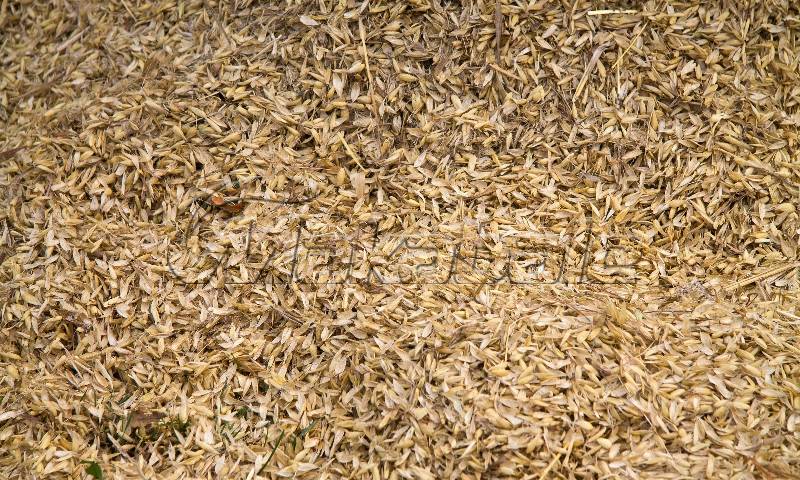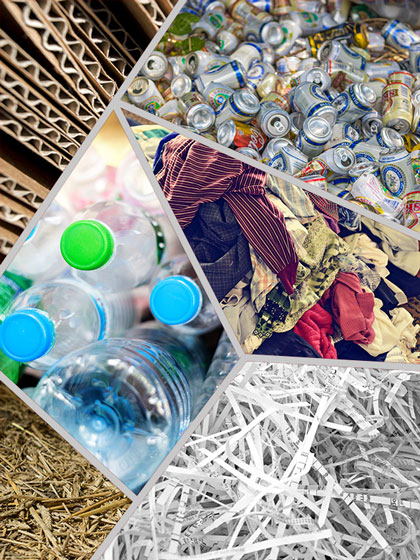
When it comes to sustainability and innovative recycling, oat husks – those often overlooked by-products of oat processing – are turning heads in various industries. Let's see how these humble husks are making a big impact.
The Rising Star of Industrial Recycling: Oat Husks
Oat husks might not seem like the first choice for industrial materials, but they're proving to be incredibly versatile. Traditionally seen as waste, these husks are now being recognized for their potential in various applications, thanks to advances in recycling technology and a growing focus on sustainable materials.
Why Oat Husks?
First, let's talk about why oat husks are worth our attention. They're abundant, especially in countries with significant oat production, and they're biodegradable. But the real magic lies in their unique properties: they're lightweight, durable, and have excellent insulation characteristics. Plus, they're a renewable resource, which ticks a big box in the sustainability checklist.
Industrial Applications Transforming Husks into Treasure
Building and Construction Materials
- A New Wave of Eco-friendly Insulation
One of the most exciting uses for recycled oat husks is in the building industry, particularly as a natural insulator. Researchers have found that when processed correctly, oat husks can provide excellent thermal insulation, making them a fantastic eco-friendly alternative to traditional materials. Imagine homes staying cozy in winter and cool in summer, all thanks to the power of recycled oat husks!
- Sustainable Board Materials
Move over, plywood! Oat husks are now being used to create sustainable board materials for construction. These boards are not only environmentally friendly but also provide good strength and durability for various building needs.
In the Garden: Oat Husks as Mulch and Soil Conditioners
- Natural Mulch for Healthy Gardens
Gardeners are always on the lookout for natural, effective mulching materials, and oat husks fit the bill perfectly. They help retain soil moisture, suppress weeds, and as they decompose, they enrich the soil with organic matter.
- Soil Conditioning with a Twist
Oat husks can also be processed into soil conditioners, improving soil structure and fertility. This is especially beneficial for areas with poor soil quality, giving plants a much-needed boost.
The Packaging Industry: A Sustainable Shift
- Biodegradable Packaging Solutions
In our eco-conscious world, the demand for sustainable packaging solutions is skyrocketing. Oat husks are stepping up to the challenge, being used to create biodegradable packaging materials. These are not only environmentally friendly but also offer good protection for products, reducing the reliance on plastics.
Animal Care: Bedding and Feed
- Comfortable, Absorbent Bedding for Livestock
Farmers are finding oat husks to be an excellent bedding material for livestock. They're absorbent, which helps in maintaining hygiene, and they're soft enough to provide comfort for animals.
- Nutritious Additives in Animal Feed
While not a primary feed, oat husks can be added to animal feed as a fiber supplement. This helps in animal digestion and overall health.
The Future of Oat Husk Recycling: Endless Possibilities
As we continue to explore the potential of recycled oat husks, it's clear that their versatility is only limited by our imagination. With ongoing research and development, we can expect to see even more innovative uses in various industries.
A Catalyst for Sustainable Development
Recycled oat husks are more than just an alternative material; they represent a shift towards sustainable industrial practices. By reimagining what we consider 'waste,' we're opening doors to a more eco-friendly future.
Collaborative Efforts for Greater Impact
It's exciting to think about what collaborative efforts between industries, researchers, and recycling experts can achieve. Together, we can develop more innovative uses for oat husks, driving both environmental and economic benefits.
Wrapping It Up: The Husk Revolution
The humble oat husk is a prime example of how a simple by-product can be transformed into something incredibly valuable. From building materials to garden aids, and even in packaging, the uses for recycled oat husks are not just innovative; they're a testament to human ingenuity in the face of environmental challenges. As we continue to explore and expand these applications, one thing is certain: the oat husk revolution is just beginning, and its potential is as vast as our imagination.
